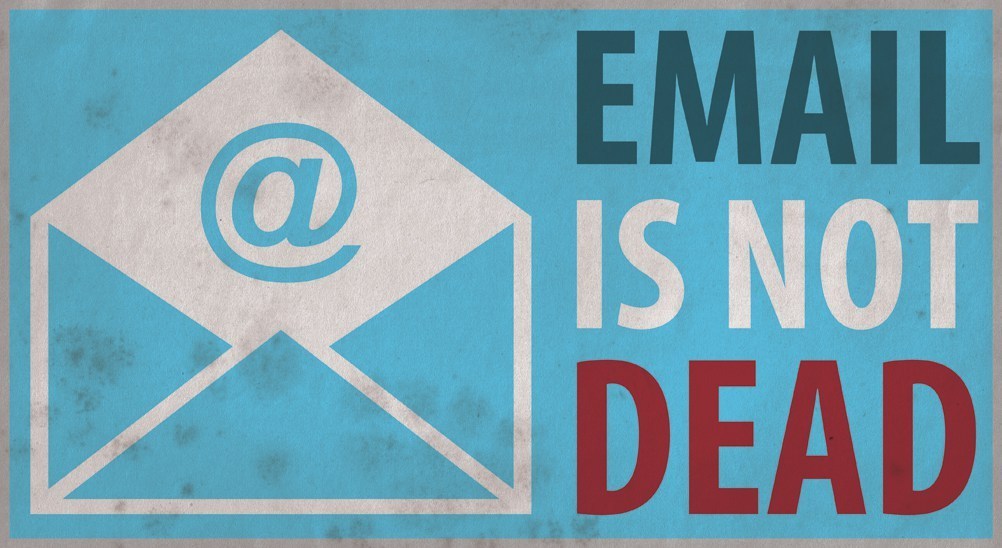With the right email marketing campaign, a hotel can thrive in an industry characterised by cutthroat competition, according to Dr Daniel Leung and Ms Megan Tsou of the School of Hotel and Tourism Management (SHTM) at The Hong Kong Polytechnic University.
NB: This is an articles from PolyU’s School of Hotel and Tourism Management
Drawing on the experiences of real-life Chinese consumers, the authors provide pioneering empirical evidence of how hotel firms can optimise their email advertising to attract and retain customers. By appropriately framing their price promotions and personalising their emails to suit travellers’ unique cultural backgrounds, hotels can regain a foothold in their weakened industry. This will in turn support the swift recovery of hospitality and tourism in mainland China and beyond.
Subscribe to our weekly newsletter and stay up to date
In the Internet age, more hoteliers are turning to digital marketing channels to attract new guests and maintain their connections with existing ones. Cultivating rich, personalised relationships through targeted online marketing can help to transform first-time visitors into loyal guests who return time and again – and perhaps even bring their friends! It is no secret that today’s most successful hotels invest heavily in building customer relationships online as well as in person.
Despite the recent rise of social media and mobile technologies, email remains one of the most dependable marketing routes for hospitality and tourism businesses. As “an agile and inexpensive tool for information dissemination”, the researchers explain, email plays an indispensable role in building customer–brand relations in the highly people-oriented hospitality sector. Indeed, they tell us, “companies in the hotel and food service industries are widely acknowledged as the most prolific users of email marketing”.
The best email marketing strategies trigger interested responses from readers, which may vary “from clicking on links to gathering more information to keeping the advertised information for future reference”, according to the researchers. These activities can create new sales opportunities and ultimately bring in revenue for hotel firms. But how should hotel managers and marketers design their emails to engage existing customers and entice new ones? Surprisingly, studies to date have shed little light on this important issue.
Seeking to fill this gap in the literature and supply much-needed insights for practitioners in the ever more competitive hotel industry, the team focused on two critical components of any good email marketing strategy. The first was monetary incentives, which are generally framed as either “amount off” (e.g., “Save 500 HKD!”) or “percentage off” (e.g., “10% off your next purchase!”)
deals. Such price promotions are increasingly common in the hotel industry in the wake of the economic downturn and COVID-19 pandemic. The researchers wondered “which incentive framing format is more effective in terms of inducing readers’ intention to purchase and recommend the promoted products”.
Read rest of the article from PolyU’s School of Hotel & Toursim





